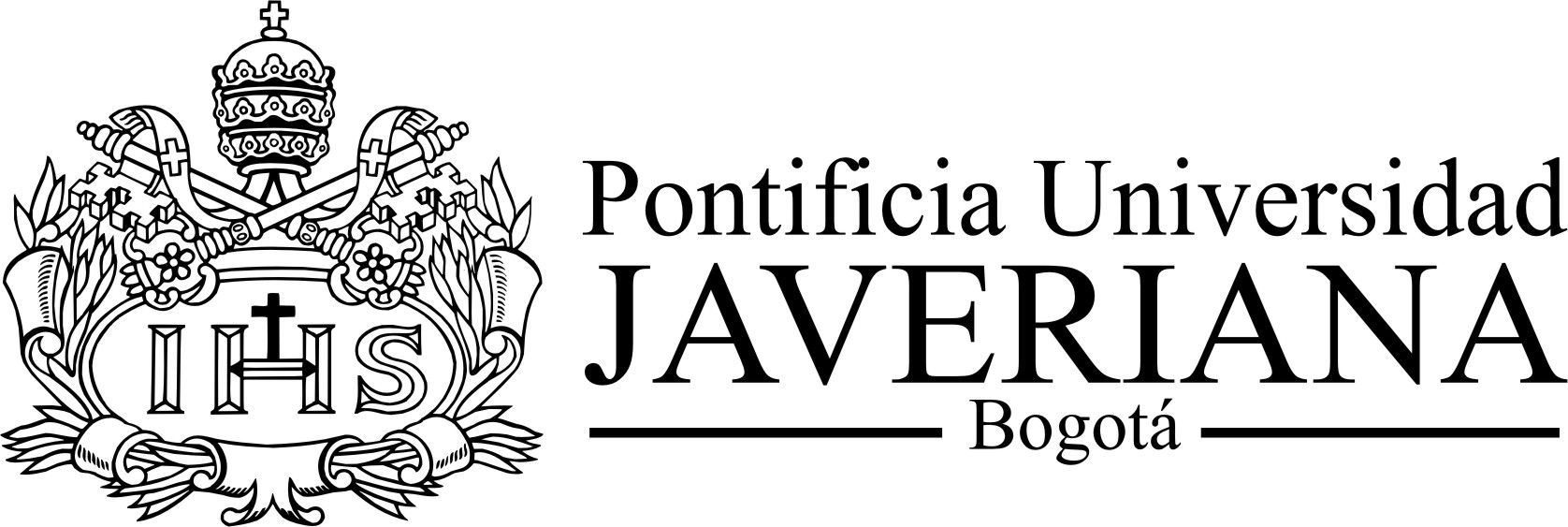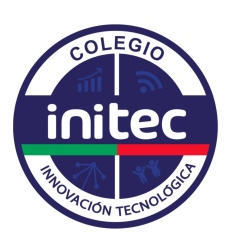inspection framework for residential holiday schemes for disabled children responses to the consultation this is a report on the ou
Inspection framework for residential holiday schemes for disabled
children
Responses to the consultation
This is a report on the outcomes of the consultation about the
arrangements for the inspection of residential holiday schemes for
disabled children.
If you would like a version of this document in a different format,
such as large print or Braille, please telephone 0300 123 1231 or
email [email protected].
Age group: 0–18
Published: August 2014
Reference no: 140028
Contents
Introduction 4
The proposals in the consultation 4
Overview of responses 5
Proposal 1: What evaluation criteria describe 6
Proposal 2: Inadequate judgements 9
Proposal 3: Unannounced inspections 11
Proposal 4: Annual online questionnaires 12
Next steps 12
Annex: Respondents to the consultation 13
Introduction
============
1.
Ofsted recently consulted on four key proposals about the
inspection of residential holiday schemes for disabled children.
2.
Prior to the formal consultation, we held an event where
representatives from the sector shared their views on what should
constitute a ‘good’ residential holiday scheme for disabled
children. This meeting informed the draft framework for the
inspection of such holiday schemes, which was subject to
consultation.
3.
The consultation opened on 27 May 2014 and closed on 24 June 2014.
4.
We received 27 written responses and spoke to three sector groups.
We are grateful to all individuals and organisations who took the
time to respond to the consultation.
The proposals in the consultation
=================================
5.
We sought views on four specific proposals.
6.
The first proposal concerned the evaluation criteria for the
judgements of outstanding and good in each of the judgement areas.
We asked:
*
if the characteristics of ‘good’, as they were set out, accurately
describe the overall experiences that children and young people
should have when attending schemes
*
if the characteristics of ‘good’, as they were set out, accurately
describe what should be expected in the following judgement areas:
*
how well children are helped and protected
*
the effectiveness of leaders and managers
*
working in partnership to improve outcomes
*
if the ‘outstanding’ criteria captured well the effectiveness of
those residential holiday schemes that were making an exceptional
and enduring positive difference to the lives of children and
young people.
7.
The second proposal was that a judgement of inadequate for ‘how
well children are helped and protected’ would always limit the
‘overall experiences’ judgement to inadequate. We also proposed
that a judgement of inadequate in the other judgements would be
likely to limit the ‘overall experiences’ judgement to
‘inadequate’ and certainly to no more than ‘requires improvement’.
8.
The third proposal was that inspections of residential holiday
schemes for disabled children should remain unannounced.
9.
The fourth proposal was that Ofsted should send online
questionnaires annually to those involved with residential holiday
schemes to enable them to provide feedback. The feedback received
from these questionnaires would be included in the evidence that
informs inspection outcomes.
Overview of responses
=====================
General feedback
----------------
10.
The majority of respondents support our proposals. The comments
received have helped in finalising the details of the inspection
framework.
11.
Nearly all respondents said that they agreed or strongly agreed
with each of the seven questions.
12.
We received most responses from commissioners of services for
residential holiday schemes followed by independent providers of a
residential holiday scheme. Other respondents included parents of
children that have used a residential holiday scheme,
representative members of a national or regional group involved
with schemes and people who worked in the sector.
Proposal 1: What evaluation criteria describe
=============================================
*
That the evaluation criteria clearly describe the characteristics
of ‘good’ and ‘outstanding’ in each judgement area
Figure 1: Responses to proposals on the evaluation criteria for good
and outstanding overall experiences
Figure 1a : Responses to proposals on the evaluation criteria for how
well children are helped and protected
Figure 1b: Responses to proposals on the evaluation criteria for
effectiveness of leaders and managers
Figure 1c: Responses to proposals on the evaluation criteria for
effective partnership working
13.
All respondents agreed that the evaluation criteria should
describe the characteristics of good and outstanding in all four
judgement areas. While the total number of responses was low, the
feedback received has led to a range of revisions to the
framework, including:
*
an additional descriptor for ‘good’ within ‘overall experiences’
and ‘how well children are helped and protected’, which emphasises
that all potential risks should be managed effectively so that
children are able to enjoy their holiday fully
*
minor revisions that emphasise more strongly the need for support
and activities to be responsive to individual needs.
14.
Some respondents had concerns that potential providers may be
deterred from establishing schemes because the framework appeared
relevant to an overly narrow model of delivery. The amendments
that seek to resolve these concerns are:
*
minor changes to reflect more accurately the diverse and varied
nature of potential providers, e.g. schemes may be based on a
single activity; providers may be national, rather than
locally-based; schemes may be run by community representatives,
rather than professional organisations
*
minor changes to descriptors that take into account more fully the
short timespan of most schemes and their scope to increase the
independence skills of children and young people and to develop
relationships with the local community.
Proposal 2: Inadequate judgements
=================================
*
That a judgement of ‘inadequate’ in ‘how well children are helped
and protected’ will always limit the ‘overall experiences’
judgement to ‘inadequate’
Figure 2: Responses to proposal 2 about inadequate judgements
*
That a judgement of ‘inadequate’ in any other of the four
judgement areas is likely to limit the ‘overall experiences’
judgement to ‘inadequate’, but, in all instances, to no more than
‘requires improvement’
Figure 3: Responses to proposal 2 about inadequate judgements
15.
There was strong agreement to this proposal. We received a small
number of additional comments about the importance of child
protection.
16.
Respondents supported the descriptors and proposal for limiting
the’ overall experiences’ judgement if ‘how well children are
helped and protected’ was judged inadequate.
17.
One commissioner told us:
‘Being helped and protected is essential to a good overall experience
for children and young people’.
18.
We will implement the proposals about limiting judgements in the
revised framework.
Proposal 3: Unannounced inspections
===================================
*
That inspections of residential holiday schemes for disabled
children remain unannounced
19.
There was overall support for inspections to remain unannounced.
Therefore, there will be no change to the length of notice given
for inspections.
20.
A small number of respondents expressed views that inspections
should be less frequent for good or outstanding schemes. However,
current regulations stipulate that inspections must be annual.
21.
We believe that it is right that inspections remain annual, given
the likely turnover of staff working in residential holiday
schemes, but we will ensure that all feedback about the notice
given for inspections is shared with the Department for Education.
22.
There was also feedback that annual inspections are sometimes
unnecessarily disruptive to schemes’ activities. We will only
inspect when schemes are running. However, we will always ask
schemes to provide us with details of their planned activities in
advance, so that we may ensure that disruption to children’s and
young people’s enjoyment of their holidays is kept to an absolute
minimum, without undermining the integrity of the unannounced
inspection.
Proposal 4: Annual online questionnaires
========================================
*
That Ofsted should send online questionnaires annually to those
involved with residential holiday schemes
Figure 4: Responses to proposal 4 about annual questionnaires
23.
There was overall agreement to this proposal and we will implement
this from July 2014.
24.
Some respondents sought reassurances about the process of
distributing questionnaires and the range of communication methods
that should be used to ensure that Ofsted communicates effectively
with all children and young people. We will address these issues
within the guidance for Conducting inspections of residential
holiday schemes for disabled children, which will be published in
July 2014.
Next steps
==========
25.
We will be publishing the revised inspection framework and
accompanying guidance for inspectors in August 2014.
Annex: Respondents to the consultation
======================================
The types of respondents to the consultation can be seen below.
Type of respondent
Number of responses
a parent whose child has used a residential holiday scheme for
disabled children
2
a child who has used a residential holiday scheme for disabled
children
0
a relative of a child who has used a residential holiday scheme for
disabled children
0
a commissioner of services for residential holiday schemes for
disabled children
11
a representative member of a national or regional group involved with
residential holiday schemes for disabled children
1
an independent provider of a residential holiday scheme for disabled
children
4
a local authority provider of a residential holiday scheme for
disabled children
0
an employee of a residential holiday scheme for disabled children
0
a social worker or manager working with parents and children who have
used a residential holiday scheme for disabled children
1
Prefer not to say
0
Total
19*
*8 respondents skipped question
The responses included submissions from the following organisations:
*
Worcestershire County Council, Commissioning
*
Oldham Council
*
Oxfordshire County Council
*
The Lodge Hill Trust
*
Heswall Disabled Children's Holiday Fund
*
Aspire National Training Centre
*
Seashell Trust
*
Bradford MDC
*
National Deaf Children’s Society
*
Leicestershire County Council Local Authority
*
London Borough of Hackney Children and Young People's Service
*
Active Impact
*
Gloucestershire County Council
*
London Borough of Camden
 ZAŁĄCZNIK NR 1 DO UCHWAŁY XXIX45217 PIECZĘĆ WNIOSKODAWCY SEJMIKU
ZAŁĄCZNIK NR 1 DO UCHWAŁY XXIX45217 PIECZĘĆ WNIOSKODAWCY SEJMIKU NESECRET AVIZAT APROBAT AURELIA ALEXA EDUARD CORJESCU ŞEF
NESECRET AVIZAT APROBAT AURELIA ALEXA EDUARD CORJESCU ŞEF LOW BACK PAIN EXERCISE GUIDE REGULAR EXERCISES TO RESTORE
LOW BACK PAIN EXERCISE GUIDE REGULAR EXERCISES TO RESTORE FOND ZA KOMUNALNO UREDUVAWE NA GRADENO ZEMJI[TE NA OP[TINATA
FOND ZA KOMUNALNO UREDUVAWE NA GRADENO ZEMJI[TE NA OP[TINATA 3 CIRCULAR NO 013 2008 PARA DECANOS ACADÉMICOS DECANOS
3 CIRCULAR NO 013 2008 PARA DECANOS ACADÉMICOS DECANOS ROBERTO DANIEL SERGIO CORAL MANUEL F VIRGINIA MARTA LUCÍA
ROBERTO DANIEL SERGIO CORAL MANUEL F VIRGINIA MARTA LUCÍA PROFESOR PATRICIO GONZÁLEZ SANTIBÁÑEZ PRIMER CICLO DE APRENDIZAJE ASIGNATURA
PROFESOR PATRICIO GONZÁLEZ SANTIBÁÑEZ PRIMER CICLO DE APRENDIZAJE ASIGNATURA FORM FOR OBSERVING COMPETENCY UDES FOCUS OT
FORM FOR OBSERVING COMPETENCY UDES FOCUS OT R OTARY CLUB OF MAGNOLIA 3213 W WHEELER ST
R OTARY CLUB OF MAGNOLIA 3213 W WHEELER ST